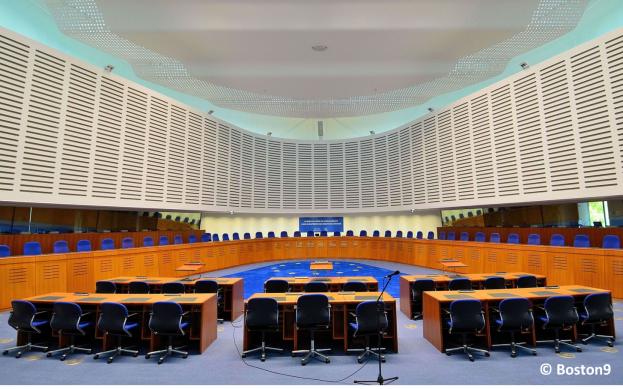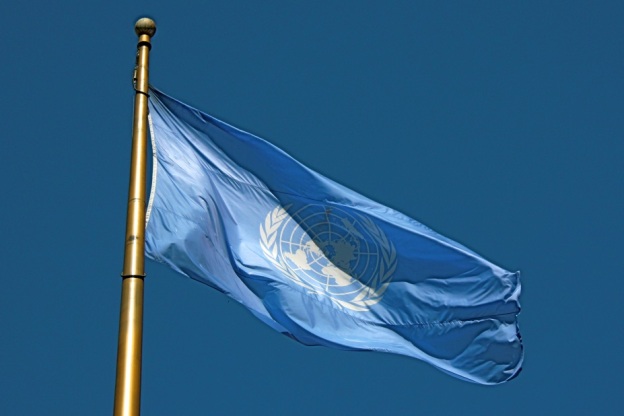Dr Sara Fovargue, Lancaster University
Dr Alexandra Mullock, University of Manchester
The relationship between medical practice and criminal law is much closer than many realise. Doctors are permitted to do things that others are not, provided that what they do is regarded as ‘proper medical treatment’. The legal justification for bodily invasions in the medical context has developed according to the ‘medical exception’ to the criminal law discussed by the House of Lords in the cases of R v Brown [1993] and Airedale NHS Trust v Bland [1994], and by the Law Commission in 1994. As those involved in sado-masochistic activities discovered in Brown, consent, in the absence of medical (or legitimate sporting) justification, is not enough to make harming others lawful. And in Bland, while it was legitimate for the doctors to withdraw life-sustaining treatment, if a concerned relative did the same it would become a criminal matter.









